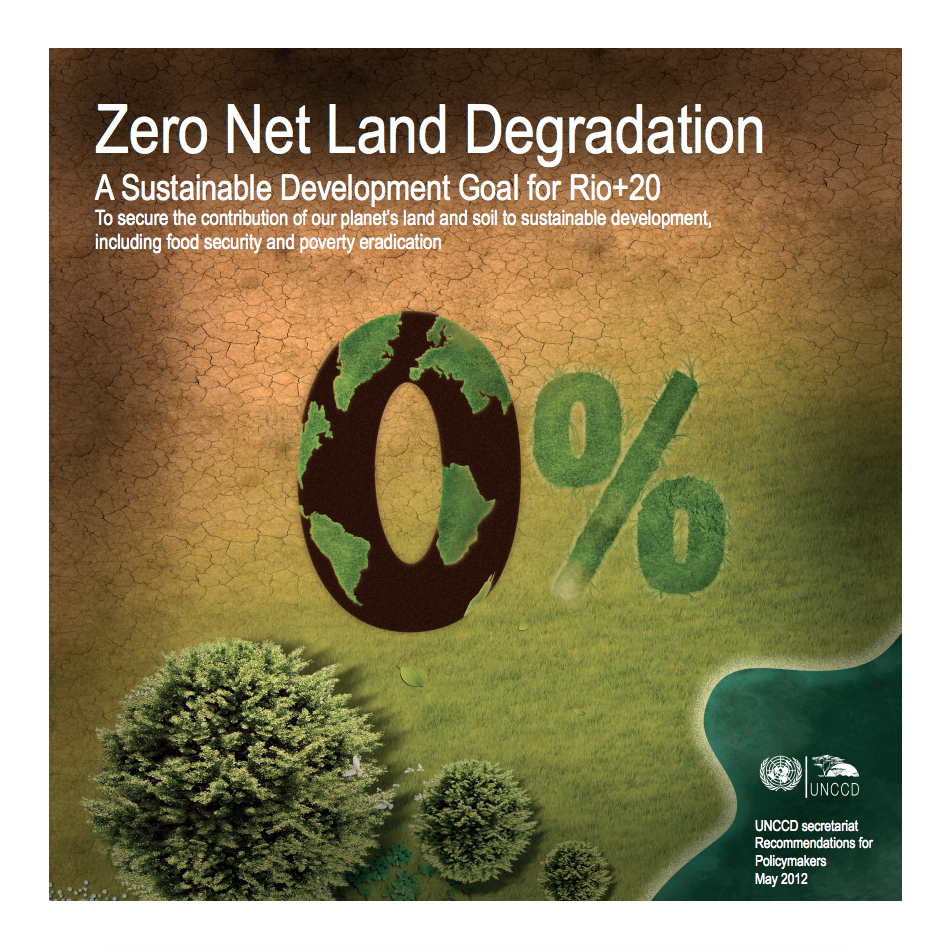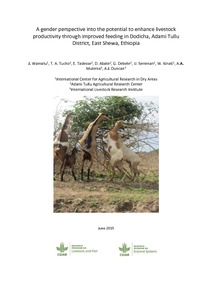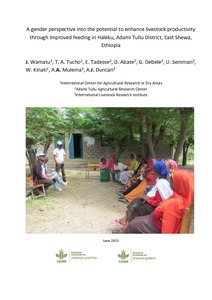A Commons Story
The study is an attempt to bring to the fore a Commons perspective of agriculture,livestock and rural livelihoods in the dryland and tribal areas of India. Would agriculture, livestock and rural livelihoods sustain in the absence of the support provided by Commons.
In finding an answer to this, This explores the potential role of the Commons (land and water resources) in strengthening the viability of the agro‐pastoral production systems and the resilience of household livelihoods.






